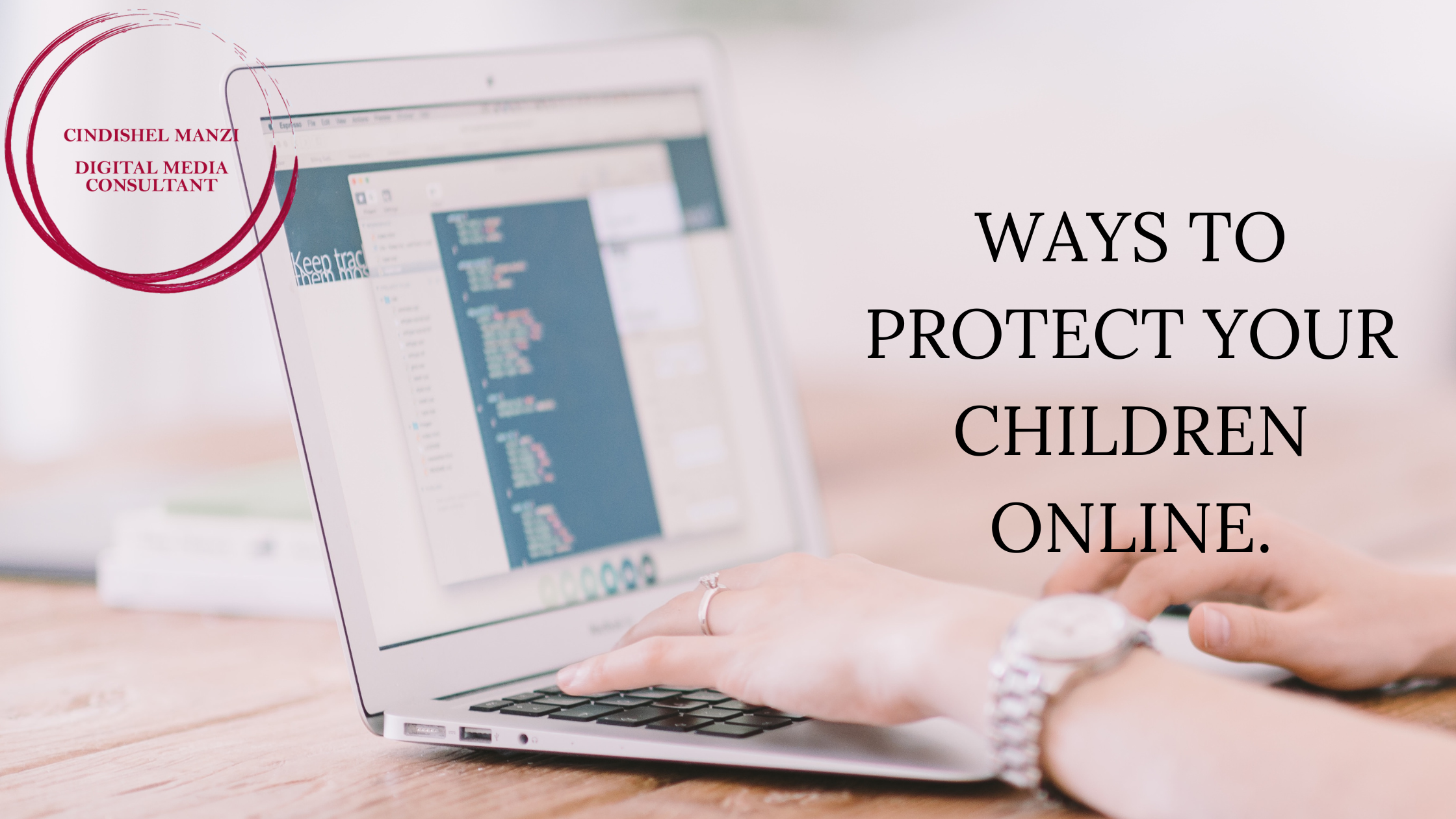Children’s online safety has become such a big issue. There are legislations that would help the country create laws on safeguarding children online.
As a parent, what controls do you have in place? Without any doubt, you cannot constantly look over your children’s shoulders to see what they are doing. Different technology companies have developed software that you can install to watch what the children are doing.
It is a free service provided by Google, which will help you track activities online, locate the child’s devices and monitor the child’s screen time.
Most of us have a google account this will be easy to set up. You can easily set it up on your laptop and have an application on your phone. Google family link will help you track all the things your children are doing online, including the apps they use, time spent on screen, and the location of the children’s devices. One significant advantage of using this software is you can lock the child’s device and limit the screen time to a given number of hours.
It is both a free and paid service that mostly plays similar roles will google family link but goes the extra mile to give you access to what the child is doing on their social media accounts.
The difference between Kaspersky safe kids and google family links is that the latter is used to curate child-friendly content. At the same time, the former primarily blocks harmful content from the child accessing it.
Interact with these softwares to get a feel of which one will give you peace of mind while allowing your children to be online. Most phones these days come with a kid’s mode, which you can curate what the child is accessing.
Some activities that, as a parent, you can undertake to make your children’s internet access safe.
Educating Children on internet safety
it is essential to educate children about internet safety. It includes teaching them about online predators, cyberbullying, and the potential dangers of sharing personal information. Children should be prepared to be cautious about who they talk to online and aware of the potential risks of sharing personal information, such as their name, address, or phone number. Parents and educators should also discuss the importance of being a good digital citizen, including using the internet responsibly and not engaging in cyberbullying or other harmful behavior.
Limiting screen time
It is the easiest of tasks you can undertake to reduce your child’s time online. With the software above, you can easily manage this. Some of the phones in the market also have this digital well-being feature that will come in handy for you.
Please make use of them effectively. Also, please realize that the child can be brilliant in maneuvering around them. Be wise enough not to be outsmarted.
Putting the internet access devices in open areas
If the children’s internet access device is a laptop or desktop, it is wise to place it where you can easily see what they are looking at. If they use mobile phones, it may be wise to install software that will help them track their activities online.
Having a conversation with the children on proper internet usage
We live in a day and age where sitting down the child and conversing with them works very well. This conversation will establish trust between the parents and the child. Take them through all the possible harm they may face while using the internet. It may include by not limited to, bullying from guys who may expose them to pornography which we know affects them. Establish an open relationship with them so they can quickly come to you as a parent if they face challenges online. Give them affirmations that will make them appreciate themselves, and they will not go out there looking for validation from the internet.
Establishing accountability.
Make the children understand that they are fully accountable for what they do online, and there will be consequences depending on what they do wrong.
Cultivate in them a culture of using the internet appropriately to educate themselves.
At the end of the day, as a parent, you are solely responsible for what content you want to expose your child to. Take it seriously and protect them from psychos out here. Protecting children online requires education, parental controls, monitoring, and guidelines. By teaching children about internet safety, setting parental controls, monitoring their online activity, and establishing procedures for internet use, parents and educators can help ensure that children have a safe and positive experience online.

4 responses to “Ways to Protect your Children Online”
Great article. I will bee exxperiencing some of these issues as well..
Aw, this waas an incredibly god post. Taking the time aand actual effort too make a topp notch article… buut what ccan I say… I
procrastinate a wholee loot and never seeem tto get newarly anything done.
This is a topic which is close to my heart… Thank you!
Where are your contact details though?
Good information. Lucky me I found your sijte by chance (stumbleupon).
I’ve saved it ffor later!